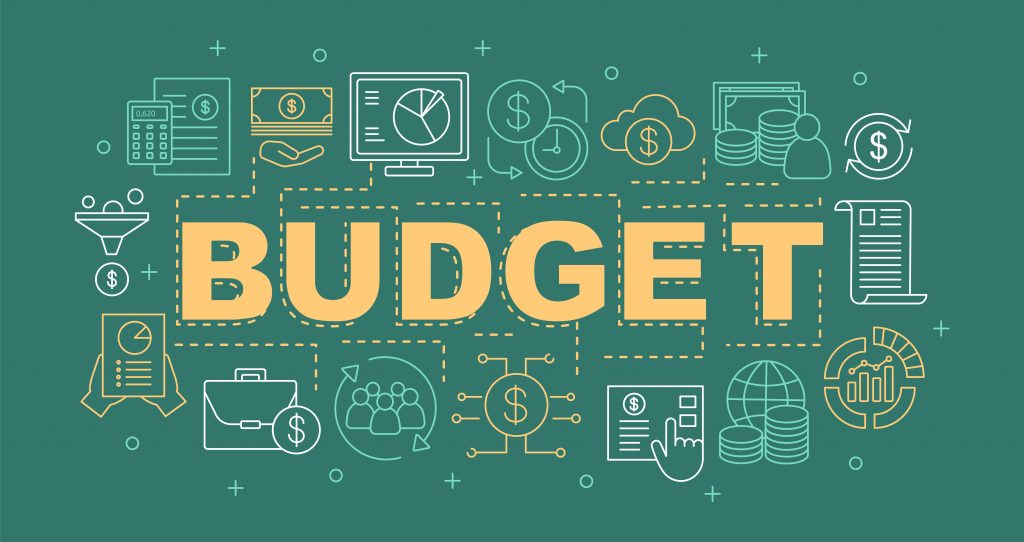The COVID-19 pandemic flipped the economy upside down, forcing businesses to reevaluate their finances. The new environment created a ripple effect on the financial stability of employees. Many businesses—large and small—were forced to make pay cuts, furlough employees, or lay off workers for good. For many hard-working Americans, even a slight pay cut can cause negative harm to a tight budget. While having savings to fall back on is important, that isn’t always a viable option.
According to a new survey, 45 percent of Americans who are furloughed or laid off due to the pandemic won’t be able to last a month on their savings, and 26 percent said they won’t be able to even last two weeks. Moreover, 63 percent of workers who were let go or furloughed because of the pandemic noted that they could not afford to spend $500 in case of emergency.
Budgeting is vital to ensuring financial stability, especially on a rainy day—or year, as we are currently experiencing. Tightening the purse strings isn’t always easy, but if you were laid off or had to take a pay cut, first start by creating a new budget. In doing so you’ll probably find you can save on discretionary spending such as clothes, entertainment, and dining out. Finally, look at your monthly bills. Are there less expensive companies you can switch to?
It’s especially important to try not to decrease the amount you allocate for your savings account or retirement funds. As this pandemic has taught us, we must be prepared with savings to cover three to six months of expenses. As the economic climate changes, your budget should be revisited and adjusted as necessary.



